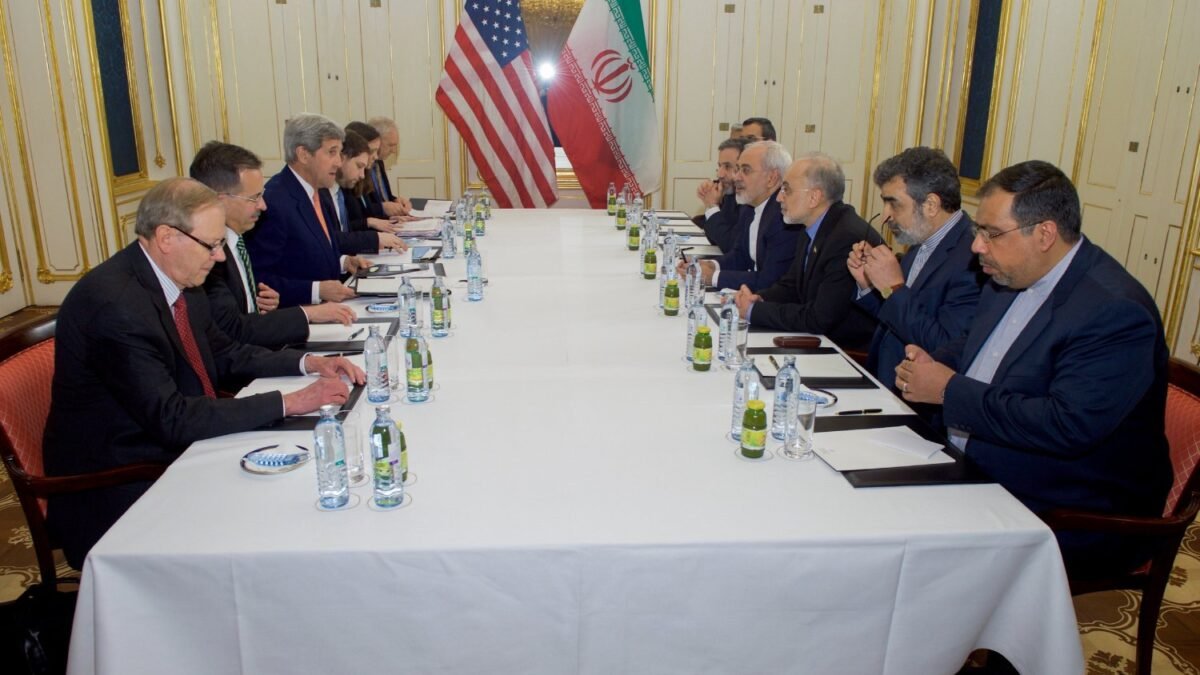The world is facing a new era of atomic uncertainty as Iran’s nuclear pact falls apart

The nuclear agreement, signed in Vienna between Iran and the world’s major powers – Germany, China, United States, United Kingdom, France, and Russia – has officially come to an end. What was once hailed as a global diplomatic triumph to curb nuclear proliferation has expired on October 18, 2025, ten years after its ratification by the UN. The pact, known as JCPOA (Joint Comprehensive Plan of Action), . In exchange, the international community lifted sanctions that were suffocating the economy of the Islamic Republic. However, the history of the agreement was fraught with tensions, breaches, and distrust from the start. Today, Iran officially declares that it is no longer bound by any restrictions on its nuclear program, although it insists that it “remains committed to diplomacy.”
An agreement already on life support
In reality, the deal had been on life support for years. In 2018, , triggering a series of retaliations and distrust. Since then, Iran began accumulating enriched uranium well above the 3.67% limit, reaching levels more than 40 times higher than allowed. By late September, the situation became irreversible: the UN Security Council reinstated international sanctions following the request of the European group E3 (France, United Kingdom, and Germany). Tehran described the move as “unjustifiable,” but the blow was final. By then, the agreement had lost its meaning. International inspections were increasingly limited, communication channels were frozen, and the 12-day war between Iran and Israel in June 2025 ultimately sealed its fate. During the conflict, related to Iran’s nuclear program, reinforcing the perception that the deal was null and void.
Iran regains its freedom
With the official expiration of the agreement, Iran regains full freedom to develop its nuclear technology, which is of particular concern to the West. Although Tehran claims that its program has peaceful purposes, its track record and the opacity of some facilities fuel fears of a new arms race scenario in the Middle East. The Iranian Ministry of Foreign Affairs issued a statement declaring that “all provisions, restrictions, and mechanisms of the agreement are considered terminated.” However, it states that “Iran continues to “. A statement that aims to reassure the international community, but fails to dispel doubts about the regime’s next steps. Meanwhile, analysts point out that the withdrawal from the agreement could usher in a new era of economic pressure and military tension, just at a time when the region is experiencing fragile stability after recent clashes. [Source: ]







